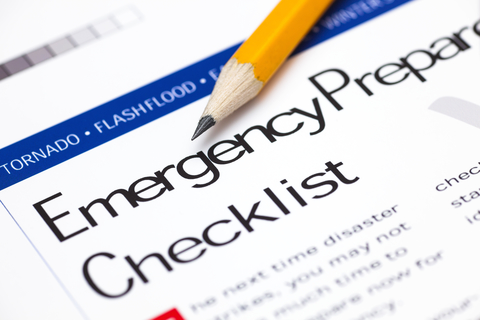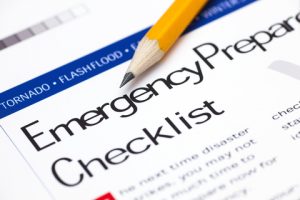Op-Ed: Hurricane preparedness ‘makes good business sense,’ says FEMA


Business continuity planning can help your business keep moving forward and recover faster from any disruption, the Federal Emergency Management Agency says.
Employers and business owners should consider the impact a hurricane could have on their facilities and their relationships with customers, their own employees and their bottom line.
Through continuity planning, businesses can assess how the company functions, both internally and externally, to determine which staff, materials, procedures and equipment are absolutely necessary to keep the business operating. Taking small steps now could help ensure business continuity and employee preparedness.
General business preparedness tips
- Anticipate water, electricity, telecommunications and other utility disruptions. Speak with service providers and identify backup options.
- Make sure your facilities are in working order and meet local hurricane building code specifications.
- Develop a preparedness program to help identify ways to protect facilities, physical assets and electronic information. Be sure to engage people with disabilities and access and functional needs in your emergency planning.
- Create a communications plan to keep in contact with customers, suppliers and employees during and after a storm. Be prepared to provide employees with information on when, if and how to report to work following an emergency. Consider those instances where telecommuting would be an option.
- Determine what parts of your business need to be operational as soon as possible and plan how to resume those operations.
- Check insurance policies to ensure you have enough damage coverage. Additional business disruption insurance could help cover loss of income after a storm.
- Go to FEMA’s Map Service Center, enter your address and choose “Interactive Map” to see your flood zone. Speak to your insurance agent about how to protect your home and/or business with flood insurance.
- Keep copies of important records such as building plans, insurance policies, employee contact information, bank account, computer backups and other priority documents in a waterproof container. Store a second set of records at an off-site location.
- Develop professional relationships with more than one company in case your primary contractor cannot service your needs.
- Identify and prepare for any support your employees, clients and communities may need.
- Businesses interested in joining the National Business Emergency Operations Center to share information and situational awareness during hurricane response activities should contact [email protected] for additional information.
- Stay informed by listening to local officials.
- Download the FEMA App to receive severe weather alerts, safety tips and much more. Stay updated with weather-related alerts from the U.S. National Weather Service.
Business continuity planning can help your business keep moving forward and recover faster from any disruption.
Businesses interested in participating in FEMA’s Continuity of Operations workshops (COOP), may emailtheir request. COOP is a U.S. government initiative that ensures state/federal agencies are able to continue performance of essential functions under a broad range of circumstances.














